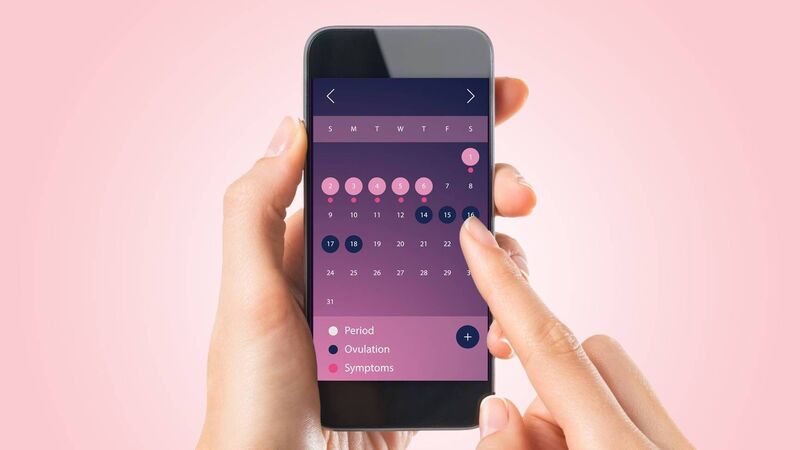The digital era has democratised knowledge, ensuring that information on health is never more than a click away. The femtech industry is booming and period trackers aren’t just for family planning anymore. The right app can arm you with the information you need to develop a better relationship with your body.
Founder of period-tracking-cum-wellness app Moody Month Amy Thomson wants to reclaim the idea that “being moody is what makes us human”.
Already a subscriber? Sign in
You have reached your article limit.
Subscribe to access all of the Irish Examiner.
Annual €130 €80
Best value
Monthly €12€6 / month
Introductory offers for new customers. Annual billed once for first year. Renews at €130. Monthly initial discount (first 3 months) billed monthly, then €12 a month. Ts&Cs apply.
CONNECT WITH US TODAY
Be the first to know the latest news and updates












